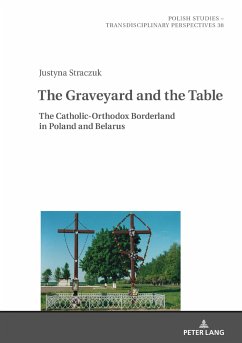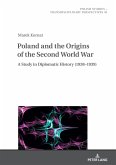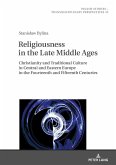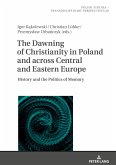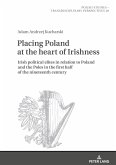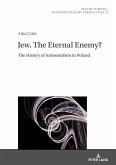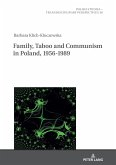The book is based on long-term ethnographic research in the Polish-Belarusian borderland. It examines the dynamics of symbolic boundaries between the Catholic and Orthodox believers in their everyday lives. By analyzing the space of local cemeteries, rituals, and attitudes related to death, eating practices, and food sharing, the author points to the changing sense of ethnic identity and the feeling of familiarity and otherness. Confessionally mixed neighborhoods and families enable different forms of religious bivalency and become a crucial factor in bridging and crossing ethnic boundaries. Socio-cultural norms and social relations shape the ethnic identity of the borderland's residents more than the institutional frames of both churches.
Bitte wählen Sie Ihr Anliegen aus.
Rechnungen
Retourenschein anfordern
Bestellstatus
Storno

